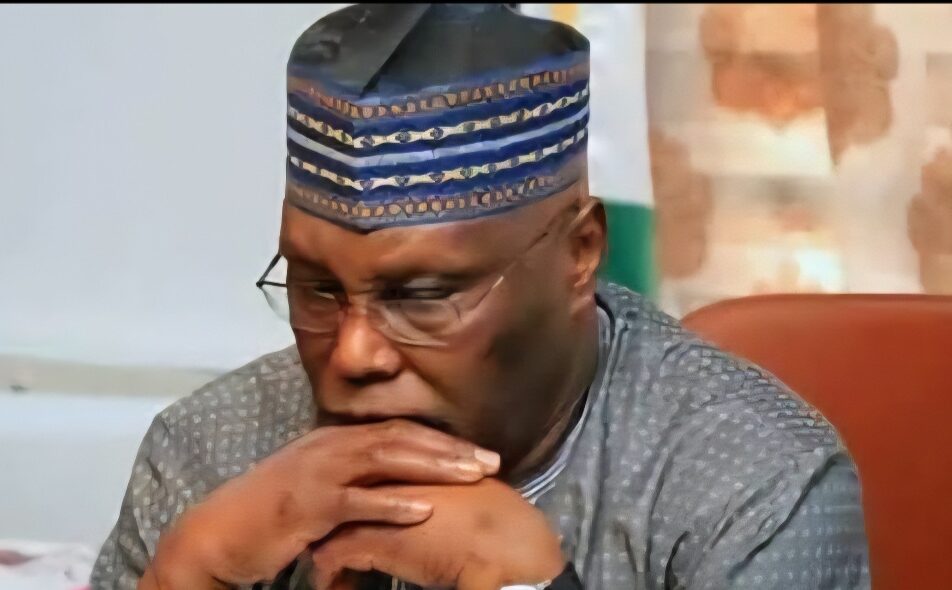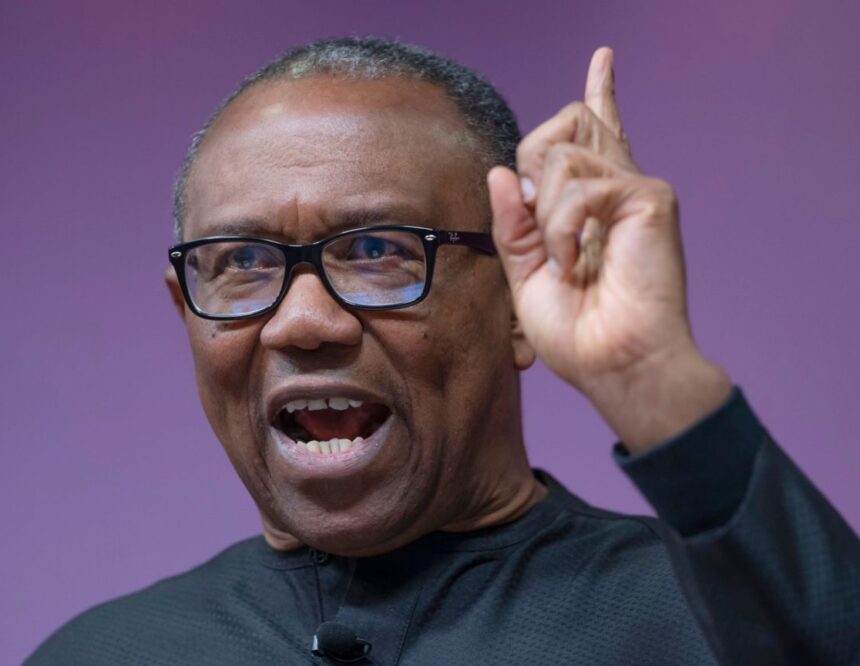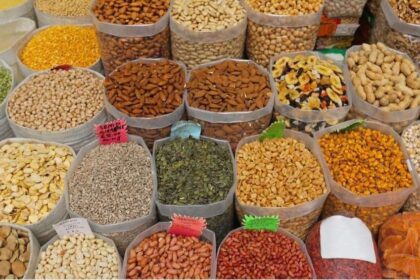The recent return of former President Goodluck Jonathan to the political arena has significantly altered the focus and strategic planning within the African Democratic Congress (ADC) as it seeks a presidential candidate for the upcoming 2027 elections.
This shift has resulted in less attention on other prominent figures from the southern region, such as Peter Obi and Rotimi Amaechi, who had previously been seen as strong contenders.


Jonathan is increasingly viewed by the ADC as a more marketable candidate capable of garnering substantial political support to mount a serious challenge against the current President, Bola Tinubu, in the 2027 presidential race.
Amidst this evolving strategy, it appears that both the People’s Democratic Party (PDP) and the ADC are actively courting Jonathan to position him as a consensus candidate representing the southern region.
Political analysts have underscored Jonathan’s potential as a formidable option for the presidency, highlighting that his intention to serve only a single term might resonate well with voters, particularly from the northern part of the country, who may be inclined to support a transitional figure.
Furthermore, his stature as a respected statesman, coupled with his reputation on the global stage, enhances his appeal.
Many supporters argue that Jonathan’s ability to mitigate divisions within the southern regions and present a united front makes him a credible challenger to incumbent President Tinubu.
A prominent ADC chieftain, who is an advocate for Jonathan’s candidacy and requested anonymity, expressed strong confidence in his capabilities, stating, “He’s the best of all the opposition leaders today.”
This endorsement reflects the growing sentiment among some political circles that Jonathan’s leadership qualities and proven track record could play a pivotal role in the ADC’s strategy to secure a significant political foothold in the upcoming elections.
“He’s experienced and has demonstrated commitment to the unity and peace of the country by conceding defeat to Buhari in 2015.
“Of other aspirants, Jonathan has only a term to serve.
“That’s a sure bargain for the North.
“If he agrees to contest, we can persuade Atiku to nominate a vice presidential candidate. With that, victory is sure for the ADC.”
Jonathan’s possible comeback, however, faces uncertainty due to constitutional questions about his eligibility. Since he completed Umaru Yar’Adua’s tenure before winning in 2011, legal experts are split on whether he can legally run for president again.
Nwauju further warned that the experiences of previous leaders who relied on similar transactional systems show that such loyalties are inherently temporary.
Once the incentives dry up, the influence that was once thought secure rapidly disappear.
Nwauju argued that political control in Rivers State operates on a “pay-as-you-go” basis.
He clarified that no political figure, regardless of office or position, can claim lasting authority.
Instead, real power depends on the ongoing ability to reward and incentivize followers.
“It’s obvious Governor Sim Fubara influence as Governor is castrated. An average Rivers politician only follows you when you have contracts or money to share and Wike is sharing the money now.
But, I refer you to the experiences of all those who distributed patronages like him, before now. Has all the transactional loyalties around not expired? So, nobody owns any structures. It is pay as you go,” he said.




